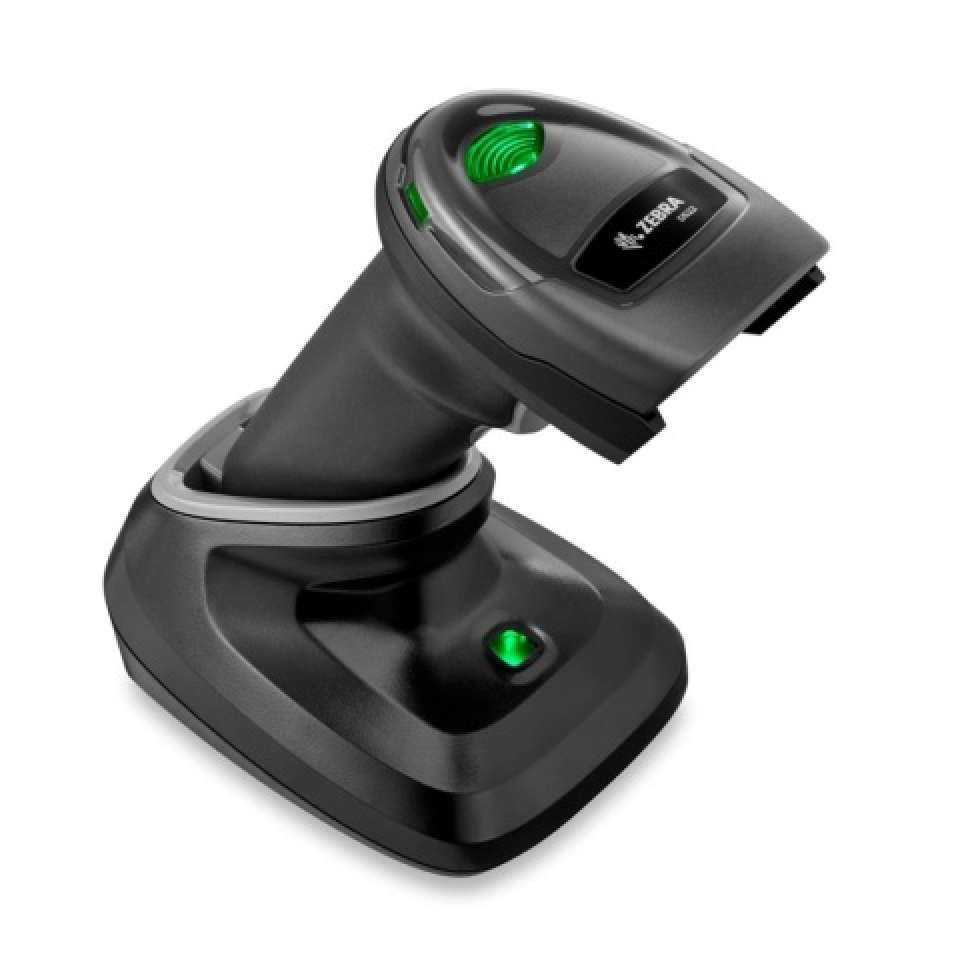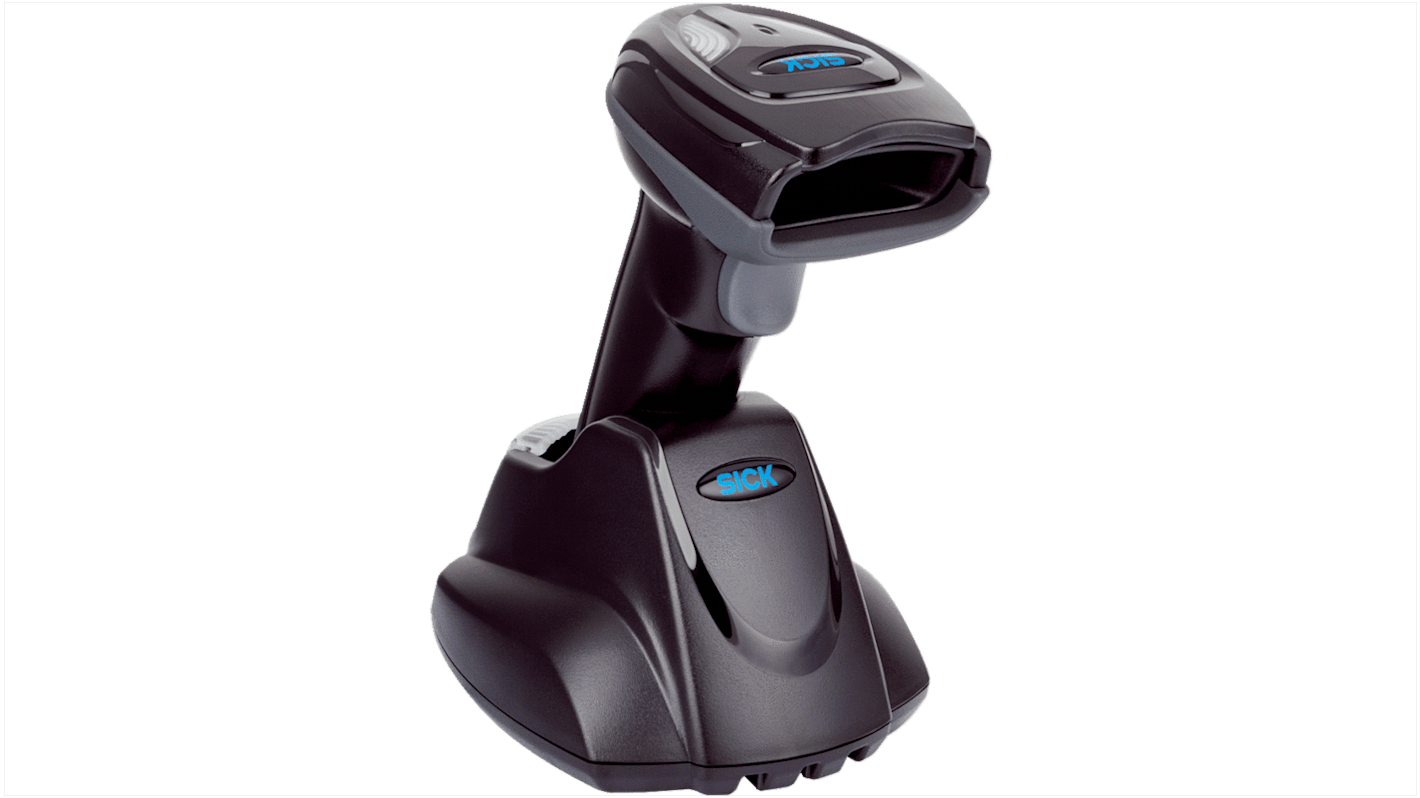Portable Barcodes Scanners for Seamless Inventory Tracking Anywhere
Choosing the Right Barcode Scanner for Your Service Demands
Choosing the proper barcode scanner for your service calls for a nuanced understanding of your specific operational needs and ecological problems. Variables such as scanner kind, speed, and compatibility with existing systems play a critical function in determining the ideal choice.
Understanding Barcode Scanner Types
When it pertains to selecting a barcode scanner, recognizing the different types available is critical for conference particular organization demands. Barcode scanners can be classified into several kinds, each created for different applications and environments.
Portable scanners are one of the most common, offering transportability and simplicity of use, making them ideal for retail and stock management. They typically attach through USB or Bluetooth, providing adaptability in operation. Fixed-mount scanners, on the various other hand, are created for high-volume scanning applications, typically found in production line or checkout counters. These scanners are placed in a fixed setting, permitting fast scanning of multiple products one by one.
One more kind is the mobile computer, which incorporates scanning abilities with calculating power. These devices are ideal for area operations or stockroom administration, enabling data collection and real-time supply tracking. Furthermore, there are commercial scanners that are built to stand up to extreme settings, such as extreme temperatures or direct exposure to dirt and moisture.

Trick Features to Take Into Consideration
What essential attributes should companies prioritize when picking a barcode scanner? Firstly, scanning speed is vital, as faster scanners enhance operational effectiveness, specifically in high-volume environments. The scanner's ability to review numerous barcode formats is additionally essential; guarantee it supports prominent types like QR codes, UPC, and Code 128 to suit varied stock items.
Toughness is one more essential feature, particularly for businesses in sturdy setups. Try to find designs that are built to withstand declines, dirt, and wetness. Additionally, take into consideration the connection choices available; whether you prefer USB, Bluetooth, or Wi-Fi, the appropriate connection can enhance assimilation with existing systems.

Examining Your Business Atmosphere
To efficiently pick a barcode scanner, companies have to analyze their details operational setting. This assessment consists of assessing the physical layout of the workspace, the nature of the products being checked, and the normal problems under which scanning happens. For example, a retail atmosphere might need portable scanners that can rapidly refine transactions at the check out, while a storehouse setup may profit from ruggedized scanners developed to withstand harsher problems.
Furthermore, think about the quantity of scanning required. High-throughput atmospheres might necessitate read this article advanced scanning innovations, such as fixed-position scanners or mobile devices that can run successfully in hectic scenarios. The integration capabilities with existing stock Continue monitoring systems additionally play an important function; ensure the chosen scanner can flawlessly connect with software platforms in operation.
In addition, examine the potential for development and scalability. A scanner that satisfies existing demands may not be adequate as organization expands. By thoroughly assessing these variables, organizations can pick a barcode scanner that not just fulfills prompt requirements however additionally supports long-term operational efficiency and flexibility. This critical strategy eventually adds to smoother procedures and improved productivity.
Budgeting for Your Scanner
Having examined the operational setting and determined the specific requirements for a barcode scanner, the next action entails cautious budgeting to ensure a clever monetary investment. Establishing a spending plan begins with determining the total expenses connected with the scanner, consisting of preliminary purchase cost, operational expenditures, and potential maintenance costs.
When choosing a barcode scanner, consider the range of readily available choices, from handheld tools to fixed-position scanners, as costs can differ significantly. It is vital to balance expense with capability; choosing for an extra economical version might result in raised operational ineffectiveness if it does not fulfill your service needs.
Along with the equipment, element in costs connected to software, training, and possible upgrades. While it may be alluring to reduce ahead of time expense, investing in a top quality scanner that lines up with your functional needs can yield long-lasting financial savings through boosted effectiveness and lowered downtime.
Lastly, take into consideration the complete price of possession, which incorporates the scanner's life-span and potential resale value. By meticulously planning your budget, you can ensure that your investment in a barcode scanner will enhance your operational performance and economic efficiency.
Assimilation With Existing Solution
Incorporating a barcode scanner with your existing systems is critical for optimizing its performance and ensuring smooth procedures. barcodes scanners. A well-integrated scanner boosts operations performance, lowers errors, and increases data processing. When picking a barcode scanner, take into consideration compatibility with your present software application and hardware infrastructure, including your supply monitoring systems, point-of-sale (POS) systems, and business resource preparation (ERP) options
Assess whether the scanner uses basic protocols such as USB, Bluetooth, or Wi-Fi, which can help with easy assimilation. Furthermore, evaluate whether the scanner's software supplies APIs or SDKs that permit personalization and integration with exclusive systems. This is especially important for organizations with special operational needs.
Furthermore, take into consideration the scalability of the scanning service. As your organization grows, your systems need to be able to fit added scanners and handle boosted information volumes without considerable reconfiguration. Ultimately, purchasing a barcode scanner that effortlessly integrates with your existing systems will produce long-term benefits, boosting precision, effectiveness, and total efficiency within your procedures. Make read this the effort to extensively assess your integration needs before making an acquisition choice.

Conclusion
In conclusion, picking an appropriate barcode scanner necessitates a detailed examination of different aspects, including scanner types, essential attributes, and the details organization atmosphere. Appropriate budgeting for both acquisition and functional prices is necessary, together with making sure compatibility with existing systems. By carefully considering these components, services can improve efficiency and performance, eventually leading to boosted operational outcomes. The appropriate barcode scanner works as a vital device in improving procedures and facilitating efficient supply administration.